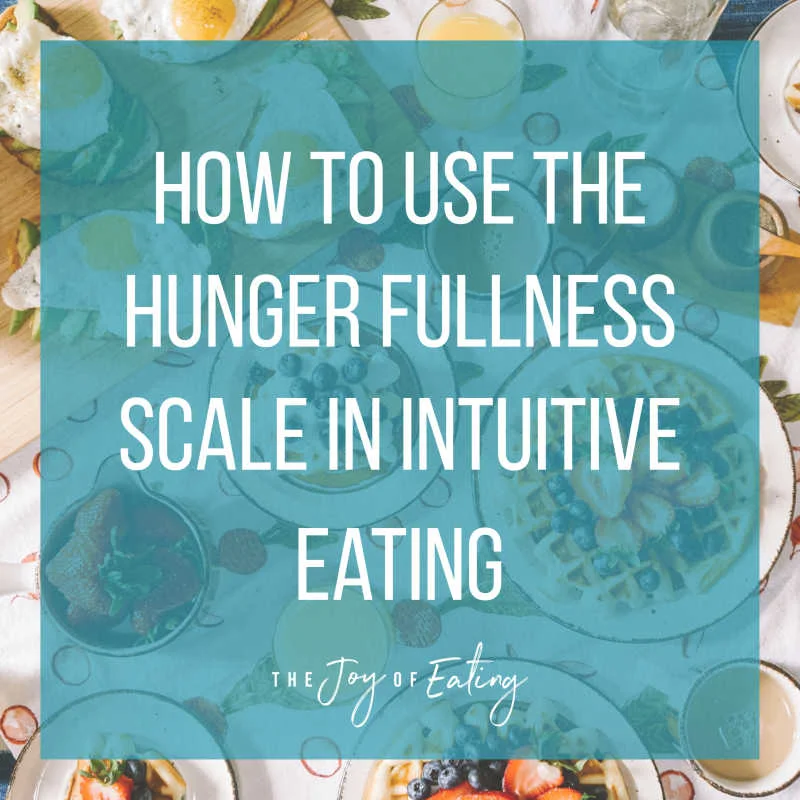Years of yo-yo dieting and disordered eating can get you out of touch with internal cues, like your body's hunger and fullness signals. Learn how to use the hunger fullness scale in intuitive eating, a tool that can help you can back in touch with your food needs.
Read MoreSet point weight theory is a helpful concept for understanding weight science, the fluctuations you experience in weight, “healthy weight,” and why diets don’t work. This blog post explains what set point weight range is and answers commonly asked questions about it.
Read MoreThere’s a lot of people who connect with the body positivity movement, but wonder what to do if they’ve been told they have to lose weight for health reasons. If that’s you, read this article for some things to think about in deciding how to care for your body.
Read MoreFor new moms, there’s a ton of pressure to “snap back” to your pre-baby body. However, losing weight while breastfeeding can be dangerous, physically and mentally. This blog post discusses the problems with dieting while breastfeeding.
Read MoreFeel like you can’t stop eating sweets? If so, you might be wondering if sugar addiction is real. Here's a look at the research around food addiction, and another reason for why you might feel out of control around food.
Read MorePretty much everyone who is interested in intuitive eating holds some desire for weight loss, because otherwise they’d already be a pretty intuitive eater. We live in a culture that is obsessed with dieting and thinness. So of course the question of can I diet to lose weight before starting intuitive eating is a common one. In this post, I dive into why you don’t have to lose weight before starting intuitive eating, and why you can start eating more intuitively today!
Read MoreFeeling inadequate after seeing someone’s before and after weight loss picture? We’ve all seen how photoshop, different poses and clothes can distort things, but the problem with these pictures goes deeper than that. The truth about before and after weight loss pictures is that they’re a fleeting moment in time, and never communicate the whole story.
Read More







